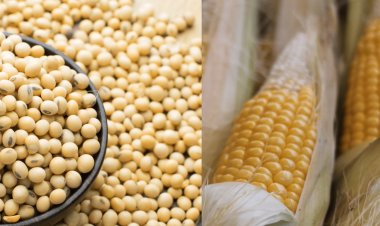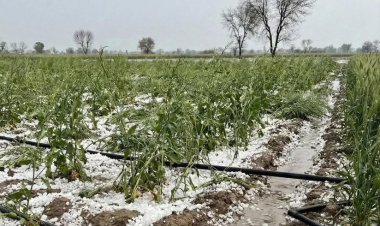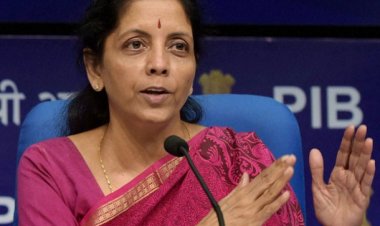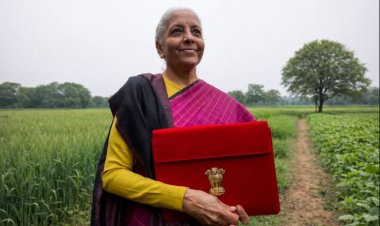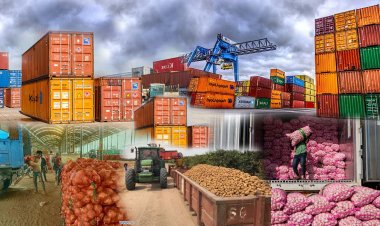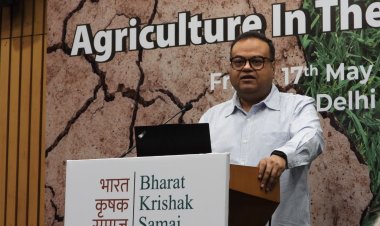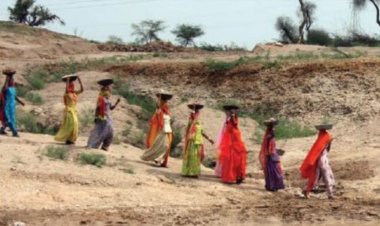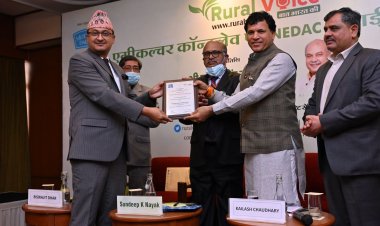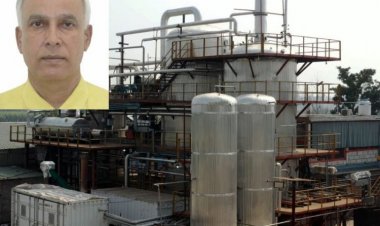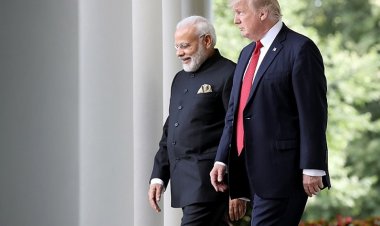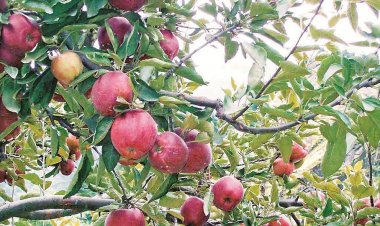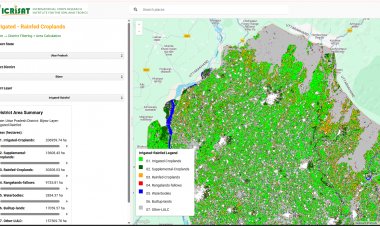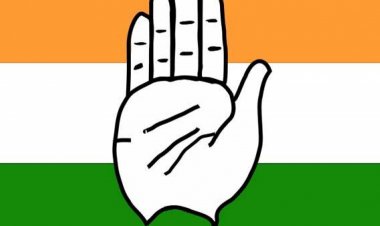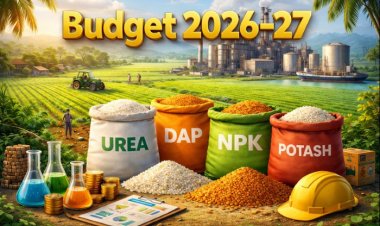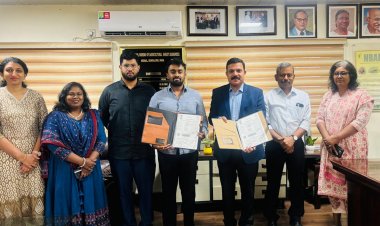Natural farming costs less, yields more: Narendra Tomar
Tomar has said that natural farming is the need of the hour, in which the cost is less and the produce fetches more price. It will now be part of agricultural education. The government is making efforts in this direction to soon include natural farming methods in the agricultural education curriculum. Tomar was speaking as the chief guest at the recent National Workshop on Natural Farming in Gwalior, organized by ATARI, Jabalpur, and Rajmata Vijayaraje Scindia Agricultural University, Gwalior.
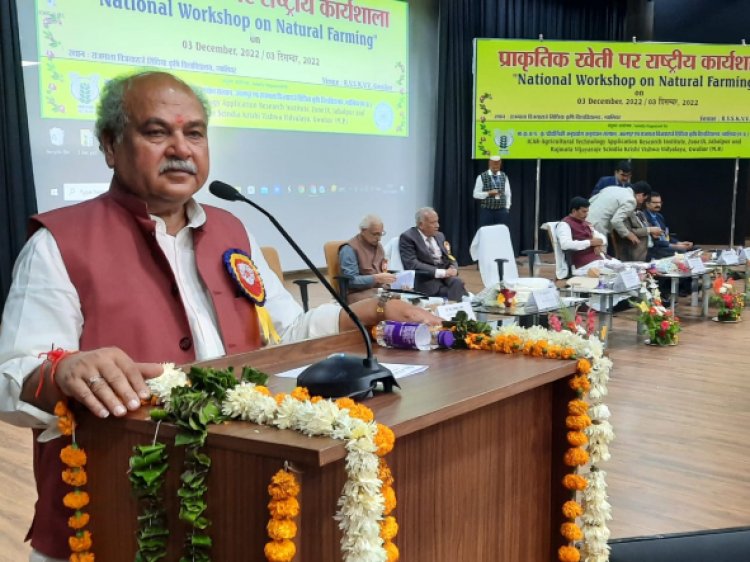
Noting that the cost involved in natural farming is less and the yield is more, Union Agriculture Minister Narendra Singh Tomar has said that efforts will be made to include natural farming in the agricultural education curriculum soon.
Tomar has said that natural farming is the need of the hour, in which the cost is less and the produce fetches more price. Natural farming will now be part of agricultural education. The government is making efforts in this direction to soon include natural farming methods in the agricultural education curriculum.
The Minister said that there was a time when there was a shortage of food grains compared to India’s population. “Then a production-oriented policy was made by moving towards chemical fertilizers, due to which (the) production increased and today we grow food grains in surplus, but now once again there is a need to groom ourselves so that the future is assured and there is harmony with nature,” he said.
“This is not only our concern but the whole world is seized of the issue,” Tomar said, adding that today the need was to follow the principles of a healthy mind, healthy food, healthy agriculture and healthy human beings.
For this, one should move towards natural farming. Natural farming is the farming of perfection. Livestock has an important contribution to this. The dung and cow urine of a native cow is sufficient for a common farmer to work in natural farming. If the country adopts natural farming, then cows will not be seen on the roads. Rather, they will be used properly.
Now the country is moving in this direction. 100 per cent natural farming is being done in the Dang district of Gujarat. In Himachal Pradesh, too, farmers are fast moving in this direction. Madhya Pradesh has planned it in 5,000 villages.
Tomar said that agriculture had an important place in our country. It is not only for livelihood but also for everyone's needs. The farmer does not work only to get livelihood from agriculture, but he does farming to feed over 130 crore people of the country.
India has become a country that provides food grains to the world, said Tomar. Today many friendly countries of the world look towards India that if the food production in India is good, then India will help us in bad times. The farmers have a responsibility to the country and the world also.
Tomar said that the fertility of the soil was weakening due to chemical farming. Friendly bacteria are being killed. “Every year we are increasing the need of the soil for fertilizers. It is our responsibility to save the country from the crisis that it is going to face after 25 years, that is why Prime Minister Narendra Modi re-launched the natural farming method and it is being given the form of a mass movement,” he said.
The Union Minister said that along with this, the Government of India was making efforts to increase the income of the farmers. The MSP has been increased one-and-a-half times, while crores of farmers are being given Rs. 6,000 every year through the Pradhan Mantri Kisan Samman Nidhi (PM-KISAN).
So far, more than Rs 2.16 lakh crore has been deposited directly into the bank accounts of the farmers. Under the Pradhan Mantri Fasal Bima Yojana (PMFBY), Rs 1.24 lakh crore was given to the farmers to offset crop loss. Farmers have been disbursed Rs 18 lakh crore through the Kisan Credit Cards (KCCs). The Central Government is making every possible effort to empower the farmers.
Tomar was speaking as the chief guest at the recent National Workshop on Natural Farming in Gwalior, organized by the Agricultural Technology Application Research Institute (ATARI), Jabalpur and Rajmata Vijayaraje Scindia Agricultural University, Gwalior.
Bharat Singh Kushwaha, the Madhya Pradesh Minister of State for Horticulture and Food Processing and Narmada Valley Development; Dr Ved Prakash Chahal, Deputy Director General (Agriculture Extension), Indian Council of Agricultural Research (ICAR); Dr Arvind Shukla, Vice Chancellor of Rajmata Vijayaraje Agricultural University, Gwalior; and Dr Shyamranjan Singh, Director of ATARI, Jabalpur, were among those present.



 Join the RuralVoice whatsapp group
Join the RuralVoice whatsapp group

















